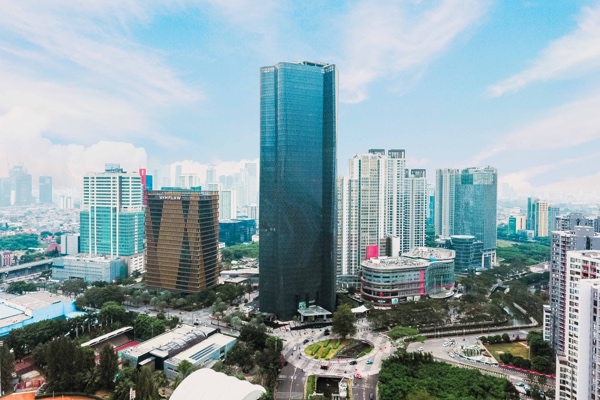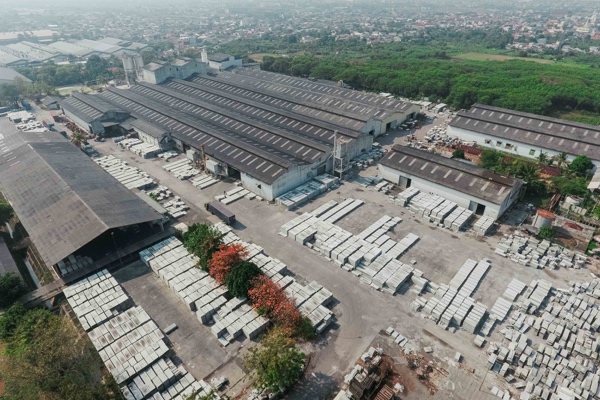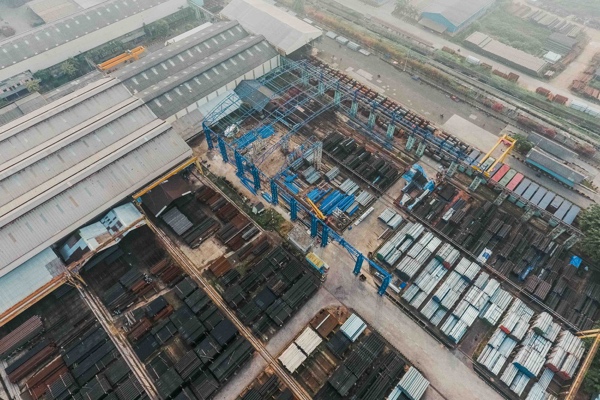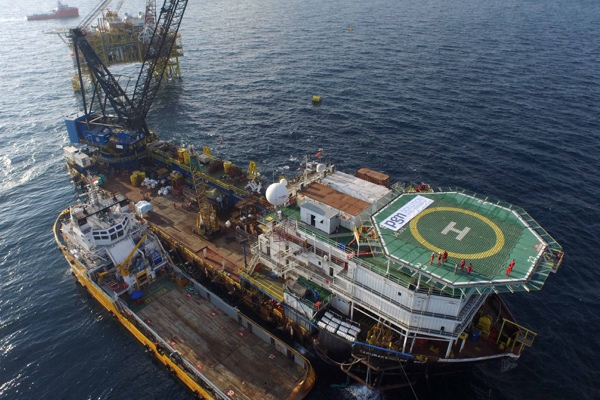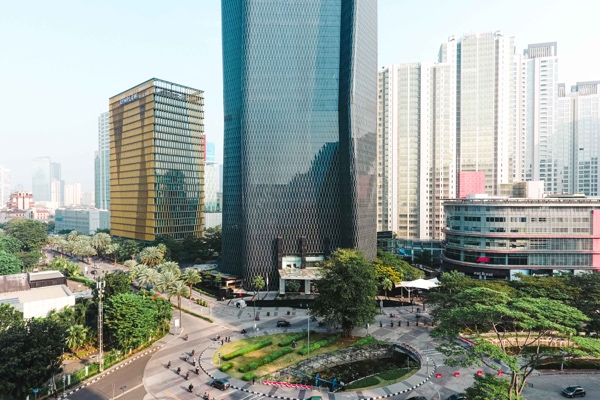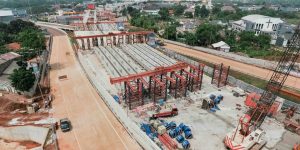Indonesia Flooded with Steel Imports from Vietnam and China
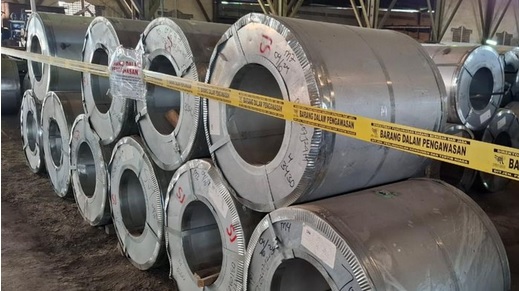
Source: Detik.com | July 25, 2025
Steel entrepreneurs are concerned about the increasing flow of imported products into the domestic market, as it threatens the sustainability of the national steel industry. This industry has become the backbone of national infrastructure development.
The Chairman of the Indonesian Society of Steel Construction (ISSC), Budi Harta Winata, stated that the flow of imported construction steel flooding the domestic market is not only legal, but also illegal. He stated that these products often have unclear origins and do not meet standards.
“The increasing flow of imported construction steel, both legal and those of unclear origin and standards, must be a serious concern,” Budi said in a written statement on Friday (July 25, 2025).
Budi revealed that imported steel products originate from Vietnam and China and are often sold at more competitive prices. This situation makes it difficult for local producers to compete.
“The influx of imported steel, especially from Vietnam and China, is certainly putting further pressure on local construction steel producers, both in terms of price and technical competition in the field,” Budi continued.
According to him, the current situation should serve as a strong warning to the government to take immediate strategic action. He believes that the domestic steel industry will suffer the same fate as the textile industry, which has been shaken by the onslaught of uncontrolled imported products.
On the other hand, the import of steel in the form of complete structures, such as prefabricated engineered buildings (PEBs) or separate components, often lacks legal documentation and quality standards. According to him, this type of steel distribution not only harms local businesses but also risks neglecting construction safety aspects.
“That’s why we at ISSC are very concerned. We’re all currently experiencing a job crisis. Many steel construction products are being imported directly into the country,” said Budi.
Steel Standards
He questioned whether the design and materials of the imported steel complied with national regulations, particularly regarding the implementation of the Indonesian National Standard (SNI). Transparency is crucial to eliminate any gray areas in matters concerning public safety.
He attributed this situation to weak field oversight of the documents and technical specifications of steel products entering national projects. Budi warned that much imported steel does not necessarily meet SNI requirements or strict quality assurance systems.
“This is because not all imported steel meets SNI standards or strict quality assurance systems,” he said.
However, Budi did not oppose imports as long as they were carried out transparently, fairly, and in accordance with applicable regulations. He also emphasized that healthy competition can only be achieved if all products adhere to the same quality and legal standards.
Therefore, the ISSC is urging the government to immediately evaluate its steel import policy and strengthen its quality certification and technical supervision systems. He believes these steps are crucial to ensuring the sustainability of the steel industry as an integral part of national development.
“The ISSC is urging the government to take concrete steps, starting from evaluating import regulations, strengthening steel quality certification, and implementing technical supervision in the field,” he said.
Budi added that supporting the domestic industry must be part of a broader development strategy, especially amidst the government’s rapid infrastructure projects. He warned that without policies that protect domestic producers, Indonesia risks losing its own industrial capabilities.
As an association, the ISSC expressed its readiness to fully support government policies that favor the local steel industry. He said close collaboration between the government, associations, and industry players is crucial for building not only physical infrastructure but also a solid foundation for the national industry. “We must not become mere markets for other countries’ products, while our factories go bankrupt,” he concluded.

